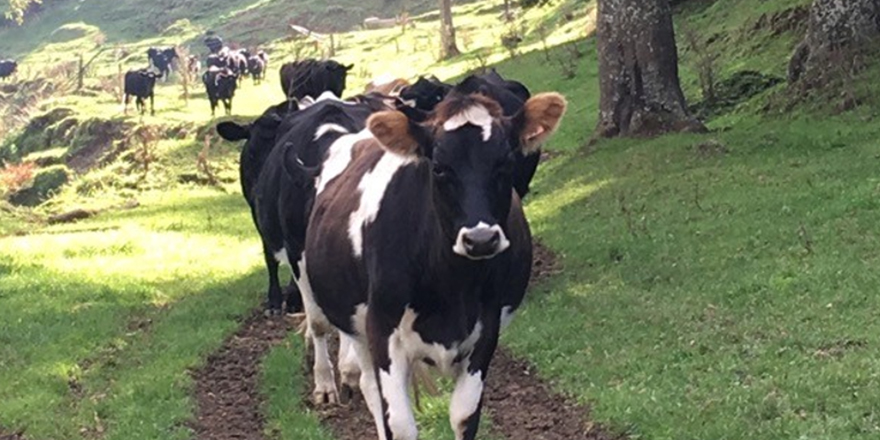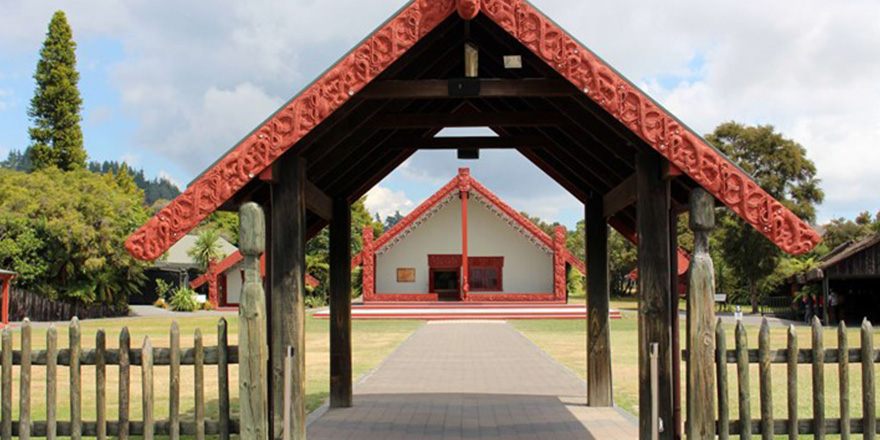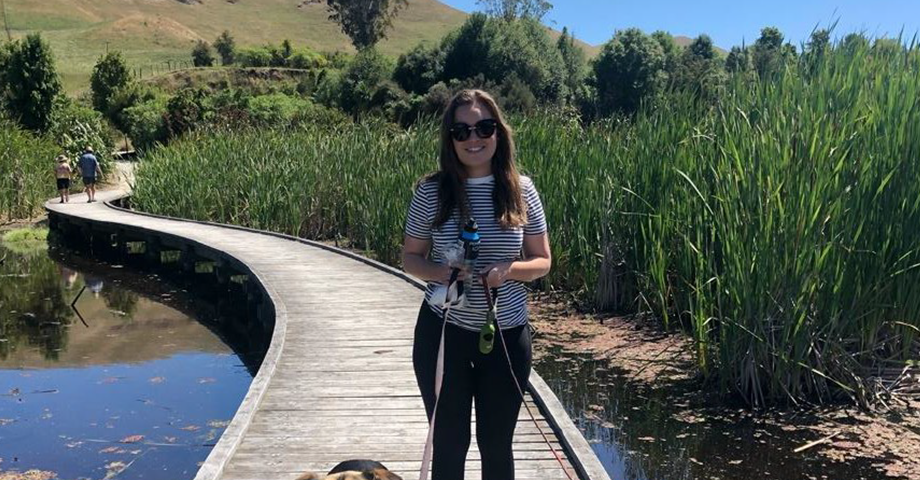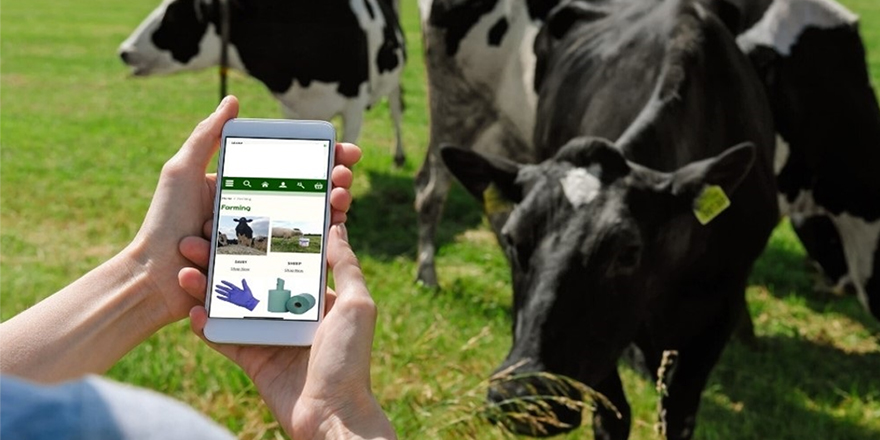Executive summary
The regional council of Southland (Environment Southland) is mid-way through its Water and Land 2020 and Beyond (WL2020) Project. This project consists of three stages, and is the council’s response to the government’s National Policy Statement for Freshwater Management. It aims to prevent any further decline in water quality, and to help the Southland community achieve its goals for water.
Dairy farming has increased significantly in Southland over the previous 20 years, and is now a substantial contributor to the Southland economy. With this intensification, has come water quality pressures. The changing environmental regulations of the WL2020 project will impact Southland dairy farmers, as well as the Southland community.
The aim of this project was to investigate how Southland dairy farmers had been involved in the WL2020 process so far, and how to increase this involvement. From this, the aim was to find ways in which DairyNZ, the industry levy body, can support Southland dairy farmers to adapt to changing environmental regulations. Thirteen people, a mixture of industry members and Southland dairy farmers, who have been very involved with the WL2020 process so far, were interviewed.
It was found that engagement by dairy farmers in the WL2020 project was between 10 and 20%. This low engagement restricted the majority of dairy farmers from being able to have knowledge of the proposed rules and changes of the WL2020 project, the impacts of these and from being prepared for these impacts.
Five broad recommendations were made that would contribute to Southland dairy farmers and their communities adapting to the changing environmental regulations:
- Water quality is a social science issue as well as a science issue – dairy farmers must understand the water quality issue, accept that there is an issue and understand the effect of their actions on it.
- DairyNZ should continue what it is doing in Southland but build on this – the work of DairyNZ in Southland is effective and appreciated. There were some recommendations for building on this, but overall DairyNZ is on the right track.
- Engagement is the first step – dairy farmers needed to be engaged before they could have knowledge of the proposed changes, their impacts and adapt to these. Personalising the issues and one-on-one meetings were important in this step.
- Sustainable Milk Plans (SMPs) are an effective tool but need a follow up visit – SMPs helped increase the knowledge and preparedness for the proposed rules and changes, but a follow up visit and auditing system would increase their effectiveness.
- Relationships and leadership are key – relationships within the community and with ES are important. Dairy farmers must be prepared to show leadership.
It was found that Southland dairy farmers themselves have a responsibility to build relationships in their own community. Although DairyNZ has an important supporting role to play, dairy farmers must be prepared to show leadership. If this occurs, not only will Southland dairy farmers and their communities adapt to the changing environmental regulations, they with thrive within them.
Jolene Germann



